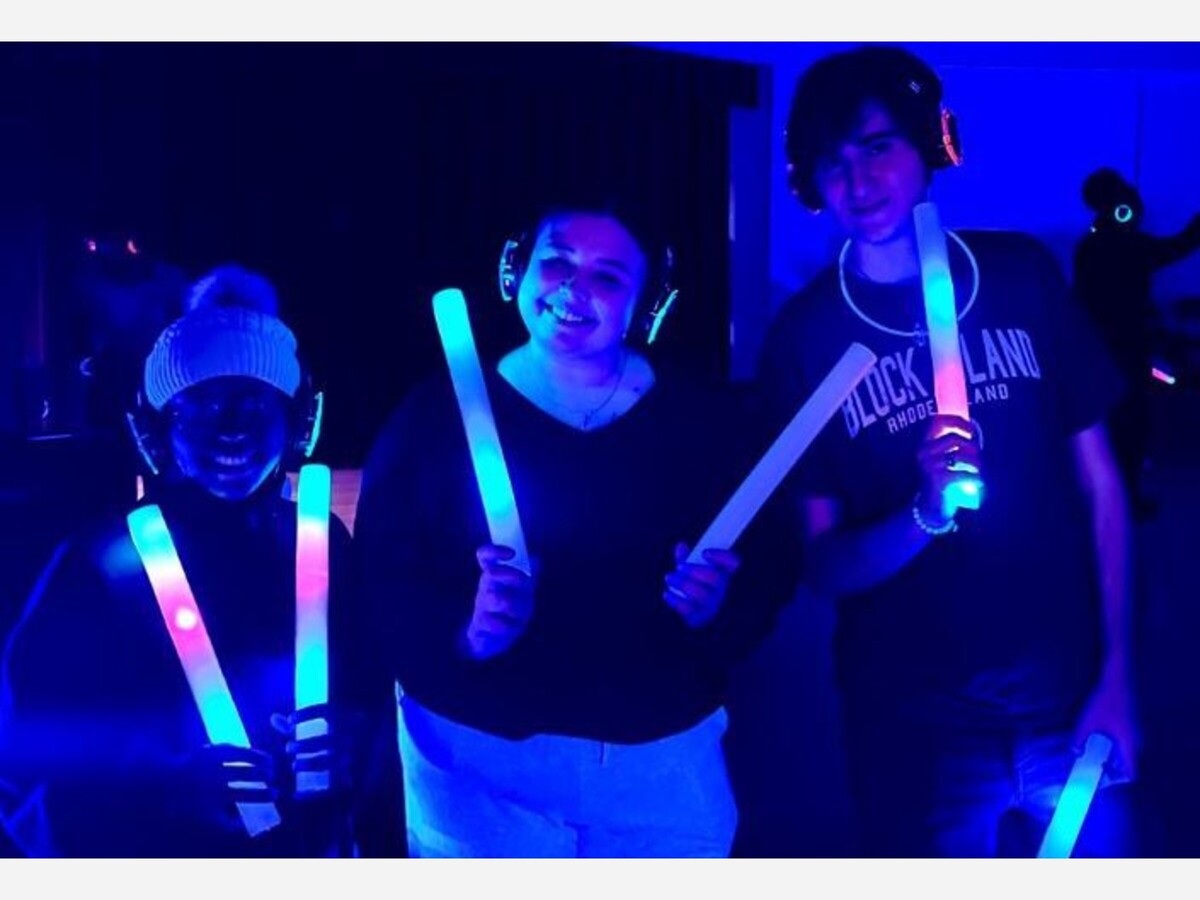Image

Published in the Dean College blog, October 23, 2024
The term "silent disco" has been in existence since at least 2005 when the Bonnaroo Music Festival held one at their iconic event that year. The Oxford Dictionary even added the term “silent disco” to their website in 2011. With its rise in popularity over the past decade, more and more places have started to organize silent discos, including right here at Dean College last weekend.
“At Dean we are proud to embrace the silent disco trend, making events like these accessible and enjoyable for everyone,” said Emma Mero, Director of Student Engagement and First Year Programs. “Our commitment to inclusivity shines through, not just in our learning support programs, but also in how we build community through innovative student activities.”
If you’ve never had the chance to experience a silent disco, you might be wondering what they’re all about. At a silent disco, all participants are offered a set of wireless headphones into which music is transmitted. Many silent discos offer multiple music genres from which to choose, and you can flip back and forth to fit your mood. You can also control the volume and go as loud or as soft as you’d like. Most headphones also change colors depending on your music choice, so you can easily identify fellow listeners of the same song selections. You’ll usually see people dancing, singing and laughing together at one of these events, but the only audible music you’ll hear is through each person’s headphones.
"It was a really fun way to bring the community together," said Alex G., a Dean student who attended the silent disco. "I thought it was really cool how people were listening to different songs and dancing in their own ways, but once you took the headphones off, we were all just having fun at the same event."
Silent discos are fun for all ages but can be particularly inclusive for those who are sensitive to sensory overload. Sensory overload is a feeling of hypersensitivity to sights, sounds, and other senses and can be especially intense for those who are neurodivergent and/or on the autism spectrum. Sensory overload can cause stress, anxiety, and sometimes even physical pain.
For those who love to dance and listen to music but dread the amount of sound at a typical concert or club, silent discos are ideal. Another benefit is you can simply take the headphones off and have a normal conversation with a friend without having to scream at each other over the blaring music.
At Dean, we are committed to being an inclusive environment for all types of students and are proud of the support services we provide, such as the Arch Learning Community and Engage Program, which offer wraparound services for students with diagnosed learning disabilities (including ADHD and memory difficulties) and those with social and emotional support needs. Hosting silent discos is another way to ensure inclusivity for our entire community.